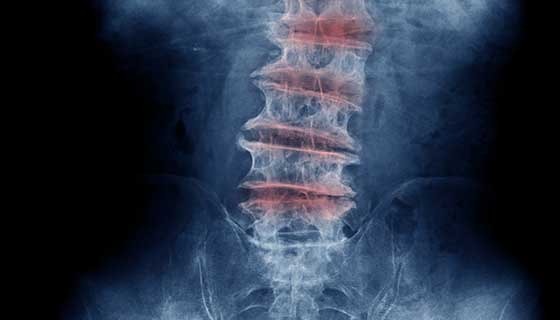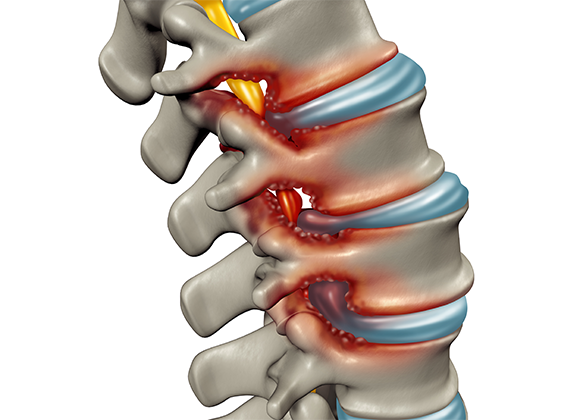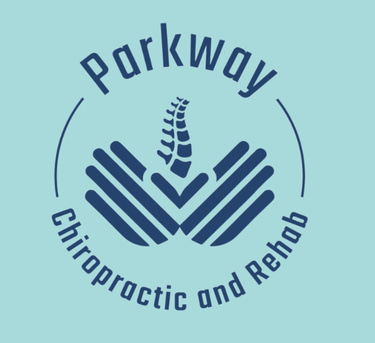Aging and Your Spine: Understanding the Changes and How Chiropractic Care Can Help
As we age, our bodies naturally change, and some of these changes can significantly impact our spinal health. While the effects of aging on our skin and muscles are often noticeable, the changes that occur inside our bodies—particularly in our spine—can be harder to recognize until symptoms like back pain, stiffness, and numbness appear. These are signs of an aging spine.
The degeneration process of the spine begins much earlier than most people realize, with signs of disc degeneration often appearing in childhood or early adulthood. By the time we reach our 30s or 40s, many individuals may begin to experience symptoms related to spinal degeneration, particularly in the lower back and neck.
While aging is inevitable, the good news is that there are steps you can take, with the help of a chiropractor, to maintain a healthy spine and reduce the risk of chronic pain and injury as you age.
How Aging Affects the Spine
The spine is a complex structure made up of bones (vertebrae) and intervertebral discs, which act as cushions to absorb shock and provide flexibility. As we age, the discs between the vertebrae begin to lose moisture and elasticity, which causes them to shrink and wear down. This process can lead to several common issues:
Disc Degeneration: As the discs lose their ability to cushion the vertebrae, it can result in pain, stiffness, and a decrease in flexibility.
Spinal Stenosis: The thinning of the discs can also cause the spaces in the spine to narrow, putting pressure on the spinal cord and nerves. This condition, known as spinal stenosis, can lead to symptoms such as lower back pain, numbness, weakness, and leg pain.
Arthritis: Arthritis, a condition that causes inflammation in the joints, can also affect the spine. In the spinal joints, arthritis leads to pain and stiffness, which can further restrict movement.
Osteoporosis: Osteoporosis, a condition where bones become weak and brittle, affects the vertebrae in the spine as well. As bone density decreases, the vertebrae can become more fragile, increasing the risk of fractures and deformities.
While women are more prone to osteoporosis, it is important to note that men can also experience a loss of bone density as they age. This makes maintaining spinal health important for everyone.
Spinal degeneration typically progresses through three stages as we age:
Stage 1: Early Disc Degeneration
In this initial stage, the discs begin to lose fluid, causing them to lose volume. This stage often has no noticeable symptoms but can set the stage for later issues like pain, joint problems, and spinal stenosis.Stage 2: Moderate Degeneration
At this stage, the natural curve of the spine begins to flatten, and the discs start to bulge. Bone spurs may begin to form on the spinal joints, leading to reduced stability and potential pain. This is often detectable through imaging tests such as X-rays.Stage 3: Advanced Degeneration
The degeneration progresses further, with more pronounced narrowing of the spaces between vertebrae, increased bulging of discs, and the formation of more bone spurs. In this stage, spinal stenosis and ankylosis (fusion of the vertebrae) can occur, resulting in significant pain and reduced movement.
How Chiropractic Care Can Help with Spinal Degeneration
Chiropractors specialize in maintaining spinal health and addressing issues that arise due to degeneration. By seeking chiropractic care early—before symptoms become severe—you can often prevent or minimize pain and discomfort associated with an aging spine.
Chiropractic treatment focuses on the following:
Early Detection: Chiropractors can detect early signs of degeneration through imaging tests like X-rays before symptoms appear, allowing for earlier intervention.
Spinal Adjustments: Regular spinal adjustments can help realign the vertebrae, reduce inflammation, improve range of motion, and slow down the degeneration process. Adjustments are a non-invasive way to manage and treat spinal issues.
Flexion-Distraction Therapy: This gentle form of traction can help relieve pressure on the spine, restore spinal motion, and decrease inflammation.
Exercises and Stretches: Chiropractors may recommend exercises and stretches to strengthen muscles, improve posture, and alleviate stiffness, all of which help support spinal health.
Nutritional Counseling: Diet plays a vital role in maintaining healthy bones and tissues. A chiropractor may provide nutritional advice to ensure you are supporting your spine with the right vitamins and minerals to maintain bone density.
Why Choose Chiropractic Care for Spinal Degeneration?
Research shows that chiropractic care is an effective and non-invasive treatment option for addressing the symptoms of spinal degeneration. Chiropractors aim to treat the root causes of pain and discomfort, helping to reduce the need for medications or surgery.
The benefits of chiropractic care for aging spines include:
Pain Relief: Chiropractic adjustments can provide relief from common symptoms such as back and neck pain, stiffness, and discomfort.
Improved Mobility: Regular chiropractic care can help maintain and even improve flexibility and range of motion, which naturally decline with age.
Preventive Care: By addressing spinal health early, chiropractic care can prevent further degeneration and minimize the risk of more severe problems down the road.
Holistic Treatment: Chiropractors take a whole-body approach to health, recommending lifestyle changes, exercises, and other therapies that support your overall well-being.
Taking Proactive Steps for a Healthy Spine
Spinal degeneration is a gradual process, and while it cannot be fully reversed, it can be managed effectively with early intervention and proactive care. The best way to keep your spine healthy as you age is to maintain an active lifestyle, avoid prolonged sitting, and seek regular chiropractic care to address any spinal issues before they become major problems.
At our practice, we specialize in helping individuals of all ages maintain a healthy spine. Whether you’re already experiencing discomfort or want to take a proactive approach to spinal health, we’re here to help you stay active, mobile, and pain-free.




Parkway Chiropractic and Rehab
© 2024. All rights reserved.
⏰ Office Hours
🌟 Monday to Friday:
🕘 9:00 AM – 6:00 PM
🌟 Saturday:
🕘 9:00 AM – 12:00 pm


